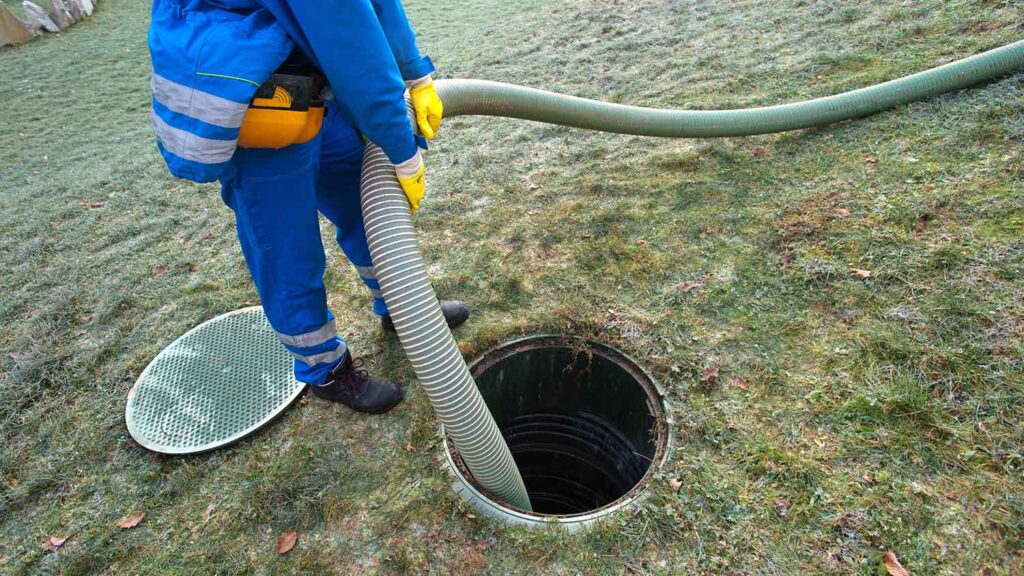Utilizing Bacteria to Enhance Biological Processes in Domestic Wastewater Treatment Plants
Domestic wastewater treatment plants play a vital role in maintaining clean water and a healthy environment. The integration of bacteria into these systems significantly enhances their efficiency. Bacteria naturally break down organic matter, converting harmful substances into harmless byproducts. By leveraging these biological agents, treatment plants can improve water quality while reducing operational costs and energy consumption. This method provides a sustainable and eco-friendly solution, supporting both municipal needs and environmental conservation. Understanding how bacteria function in these systems is key to optimizing wastewater treatment processes.
How Bacteria Improve Wastewater Treatment
Bakterie do čov are microscopic organisms that play a central role in breaking down pollutants in wastewater. They feed on organic matter and convert it into carbon dioxide, water, and simpler compounds. Key benefits of using bacteria include:
- Accelerated decomposition of organic waste: Bacteria quickly digest food particles, detergents, and other organic contaminants.
- Reduction of sludge volume: Efficient bacterial activity minimizes the accumulation of solid waste, making the system easier to maintain.
- Enhanced nutrient removal: Certain bacteria can remove nitrogen and phosphorus, preventing water pollution and eutrophication.
- Cost-effective treatment: Using bacteria reduces the need for chemical additives and lowers energy requirements.
Types of Bacteria Used in Treatment Plants
Different bacteria specialize in various aspects of wastewater treatment:
- Aerobic bacteria: Thrive in oxygen-rich environments and are highly effective in breaking down organic pollutants.
- Anaerobic bacteria: Operate without oxygen and are ideal for decomposing sludge and producing biogas as a byproduct.
- Nitrifying bacteria: Convert harmful ammonia into nitrites and nitrates, improving water safety.
- Denitrifying bacteria: Transform nitrates into nitrogen gas, helping maintain ecological balance.
Implementation Strategies
Maximizing bacterial efficiency requires proper management and system design:
- Controlled environment: Maintaining optimal temperature, pH, and oxygen levels ensures bacterial activity is at its peak.
- Regular monitoring: Tracking bacterial populations and water quality helps detect issues early.
- Seeding and supplementation: Adding specialized bacterial strains can enhance the breakdown of specific pollutants.
- Integrated treatment stages: Combining aerobic and anaerobic processes supports comprehensive pollutant removal.
Reasons for Using Bacterial Treatment
Incorporating bacteria into wastewater treatment plants offers multiple advantages:
- Eco-friendly solution: Reduces chemical usage and supports natural processes.
- Improved water quality: Efficiently removes organic matter and nutrients.
- Energy savings: Minimizes mechanical and chemical energy requirements.
- Sustainable operation: Promotes long-term environmental and economic benefits.
Bacteria are indispensable allies in domestic wastewater treatment, transforming complex organic matter into harmless byproducts and improving overall plant efficiency. By understanding bacterial functions, selecting suitable strains, and implementing proper management practices, treatment plants can achieve higher water quality while maintaining sustainability. The biological approach not only supports cleaner water but also fosters environmental stewardship, making bacterial enhancement a key component of modern wastewater management.








